Description
Vitamin E is a strong antioxidant. Another name for fat-soluble vitamin E is tocopherol. It accumulates in the fatty tissues of the body, which reduces the need for higher doses of vitamin E.
Due to its antioxidant action, vitamin E successfully fights free radicals that contribute to the development of various pathologies. Tocopherol helps neutralize the effects of these chemicals, as well as prevent the formation of carcinogens in the body. Vitamin E is more effective when combined with other antioxidants. Thus, the presence of vitamin C significantly enhances the anti-cancer effect of vitamin E.
Of course, this is not the only beneficial effect of tocopherol.
Vitamin E performs other very important functions:
- vitamin E is able to alleviate the course of diabetes and Alzheimer's disease, as well as strengthen the immune system,
- vitamin E promotes wound healing and blood clotting, strengthens the walls of capillaries, prevents the development of anemia, and prevents thrombosis. Vitamin E is important for tissue regeneration, it reduces the likelihood of scars after injuries,
- in the treatment of fibrotic diseases of the breast and in premenstrual syndrome, vitamin E is very useful,
- vitamin E supports normal muscle activity, relieves leg cramps, strengthens endurance,
- vitamin E is able to slow down aging, prevents the formation of wrinkles, improves skin elasticity. Due to the moisturizing properties of vitamin E and its ability to penetrate the skin, tocopherol is often used in the manufacture of cosmetics,
- in menopause in women, vitamin E compensates for the lack of estrogen.With a sharp onset of menopause after surgical removal of the genital organs, vitamin E is simply irreplaceable,
- tocopherol provides normal sexual desire. In women of retirement age, a high level of vitamin E supports a normal sex life,
- Vitamin E is effective in treating herpes, skin ulcers, ringworm and eczema.

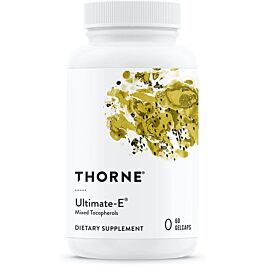
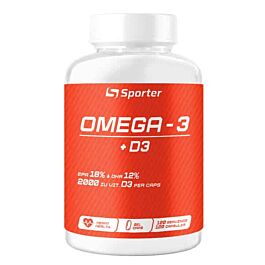
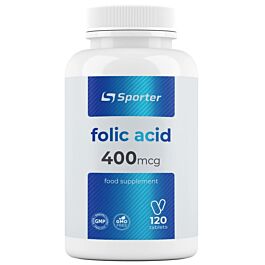
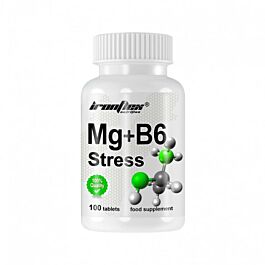
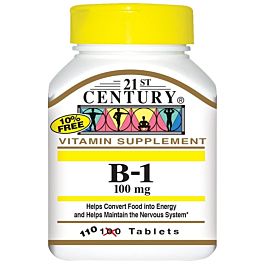
Reviews
There are no reviews yet.